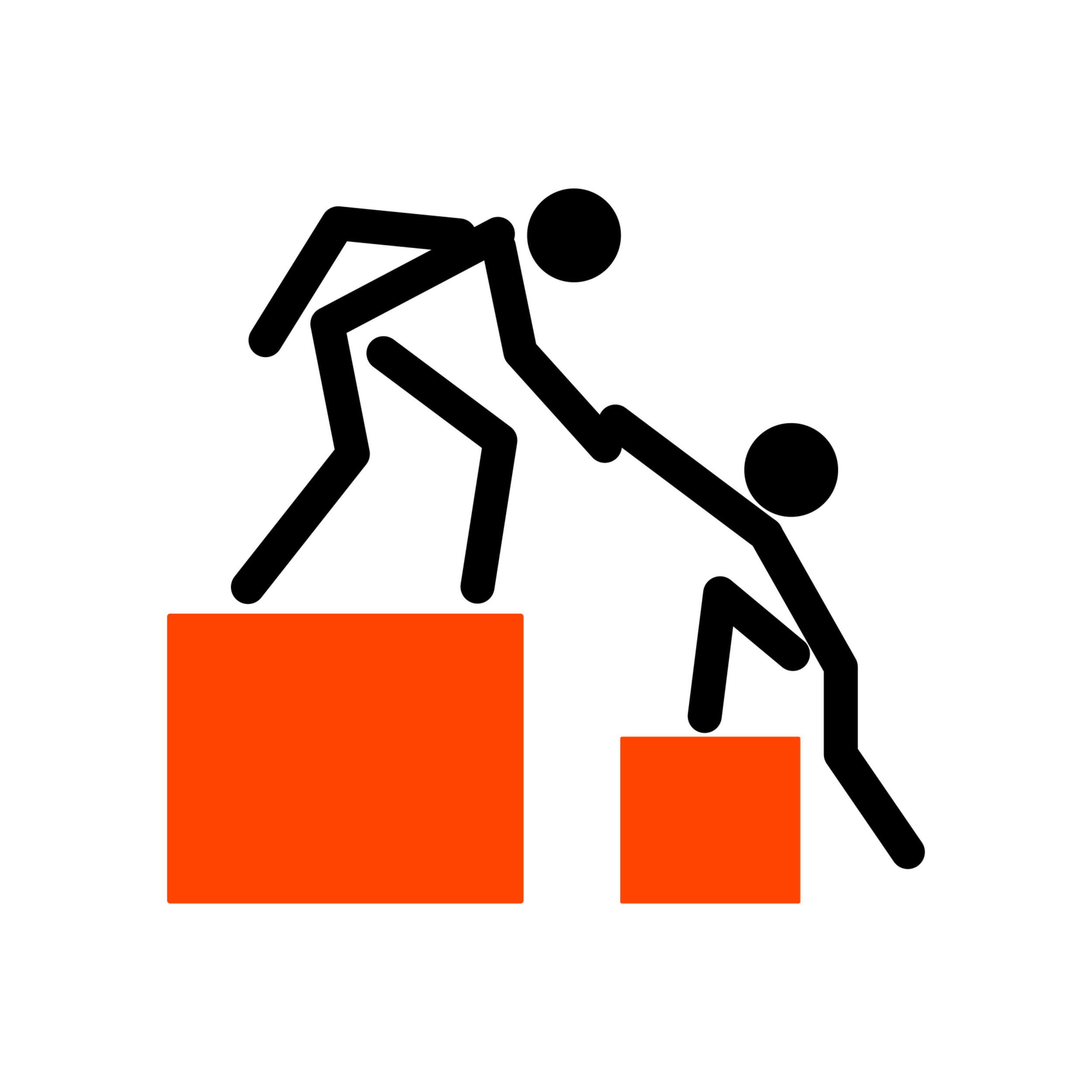As a parent trying to determine if your child is using drugs or substances can be a very painful and emotional experience.
Teen behavior can be very unpredictable and irrational, however, they are some signs to look out for.
Warning signs to look out for:
Mood and behavioral changes: A teen who is experiencing substance use problems may display a mood or behavioral change including becoming more irritable, depressed, tired, or violent.
Changes in their interest: A sudden change of interest in a group of friends, not wanting to participate in their usual hobbies or activities.
Irrational or out-of-the-ordinary behavior: Teen stays out late often and when they return they rush immediately to the bathroom or room to shower. Usually, this is a way teens try to remove the smell or evidence from them that they are under the influence.
Changes in Physical Appearance: The use of substances may cause a shift in your teen’s appearance. Signs of flushed cheeks, disheveled appearance, bloodshot eyes, nosebleeds, or poor hygiene may indicate substance use.
Failing Grades: When a teen begins to use substances their grades usually start reflecting the lack of attention and importance they have shown at school. Failing grades could be an indicator that your child needs help with a certain subject, however, if this is out of the ordinary for your child this could also be a sign to look out for.

